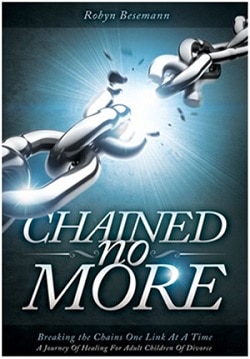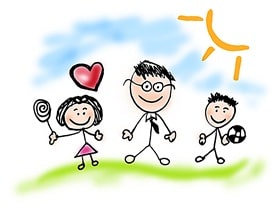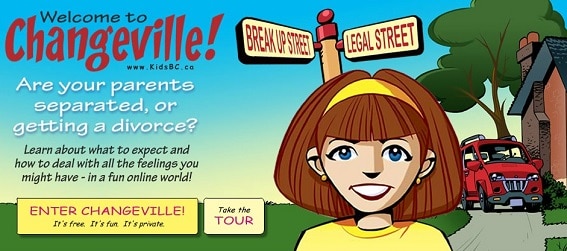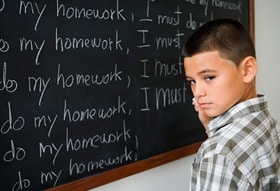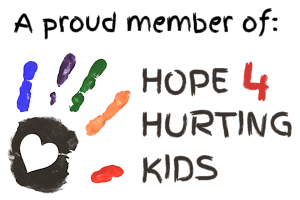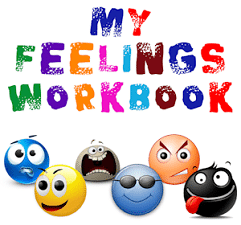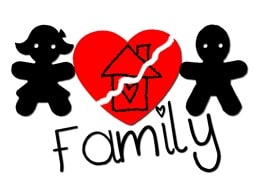
Sometimes, children of divorce wonder if they even still belong to a family. When you travel back and forth between two homes, it sometimes feels like you don’t fully belong in either place. Are the people in one of those homes your family while the others are not? Maybe it’s just you and your siblings and one parent. Is that still a family? Maybe you live with your grandparents or aunt and uncle since the divorce. Are they part of your family? Are your parents still part of your family? Maybe your mom is remarried. Are your stepdad and stepsiblings part of your family? Maybe your Dad divorced your stepmom. Is she still part of your family? It can all get really confusing following a divorce.
It all comes down to one questions – What is a family? The fact is that, while living arrangements might change following a divorce, who makes up your family does not. Your family still consists of your mother and father and siblings and grandparents and aunts and uncles and anybody else who was part of your family before the divorce – whether you still live in the same house or not. The one change that you may experience, in time, is the addition of new family members. If your parents get remarried or have additional children following a divorce, you will have new people in your family. Sometimes that is hard to get used to, and sometimes it takes a while before those people feel like family. That’s ok.



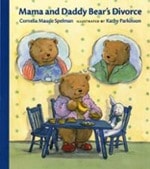

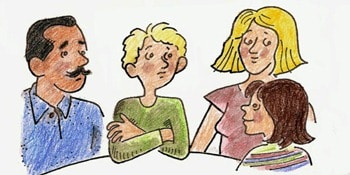

 This website is the homepage of Christina McGhee. Christina is a divorce coach and parent educator. The focus of her work is on “helping children and families successfully manage the challenges of divorce.” The focus of much of what Christina does is to help children and families to use the difficult events and circumstances they find themselves in as a result of divorce as a catalyst for positive change.
This website is the homepage of Christina McGhee. Christina is a divorce coach and parent educator. The focus of her work is on “helping children and families successfully manage the challenges of divorce.” The focus of much of what Christina does is to help children and families to use the difficult events and circumstances they find themselves in as a result of divorce as a catalyst for positive change.